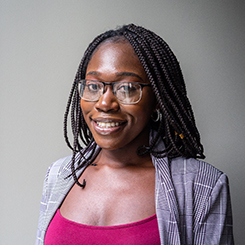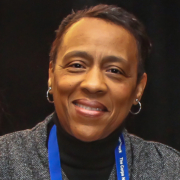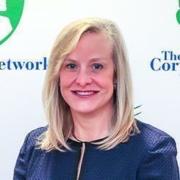
The Corps Network is collecting short stories from Corps about their projects and the Corpsmembers that put them into action. Read our “Impact Stories” collection for a picture of the people and hard work behind the Corps movement. This story features a project completed by the Environmental Conservation Corps (ECC), a program of The Sustainability Institute in North Charleston, SC. This project engaged seven AmeriCorps members supported by The Corps Network’s AmeriCorps Education Award Program (EAP) and Opportunity Youth Service Initiative (OYSI). The Sustainability Institute partnered with Lowcountry Alliance for Model Communities (LAMC), Union Heights Neighborhood Association, and Charleston Climate Coalition (CCC) to complete this project in 13 months.
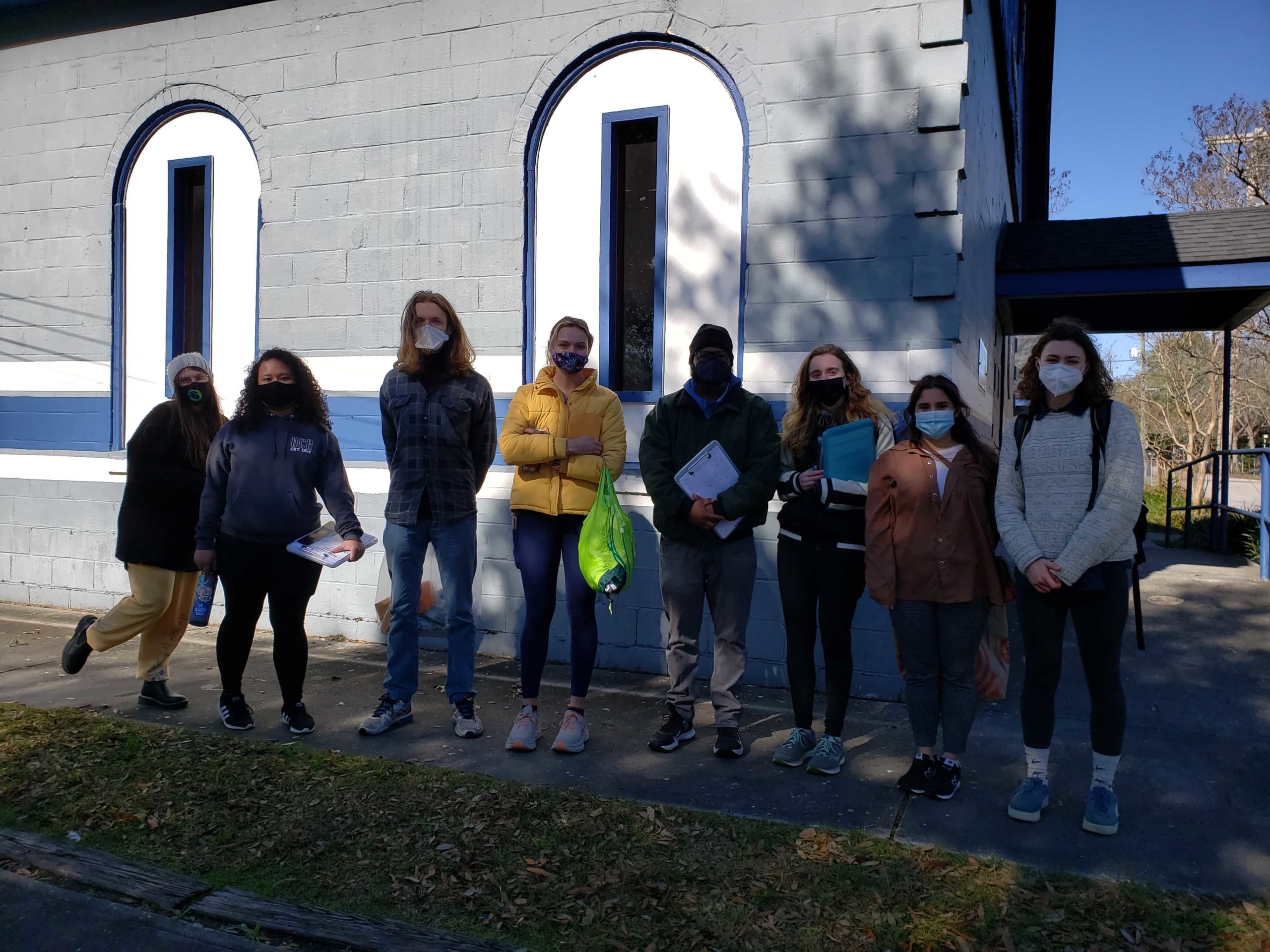
Project Name:
Surveying & Addressing the Energy Burden of South Carolina Residents
Project Description:
The Environmental Conservation Corps at The Sustainability Institute honored the great legacy of Dr. Martin Luther King Jr. by furthering the efforts of the 30 organizations of the South Carolina Energy Justice Coalition in a 4-phase project. ECC officially launched the project on January 17 to recognize the MLK National Day of Service.
In Phase 1, ECC partnered with the South Carolina Energy Justice Network, including LAMC and CCC, to collect survey responses regarding home energy costs to help identify key opportunities and challenges related to household energy use. In Phase 2, the Sustainability Institute facilitated a hybrid energy+water efficiency workshop for community members, physically hosted at Gethsemani Community Center in Union Heights Neighborhood in North Charleston, SC. In Phase 3, Corpsmembers volunteered during the North Charleston Community Resource Center’s weekly food distribution and shared the survey with interested persons. Residential energy burden surveys, personal care kits, energy+water efficiency workshop flyers, and 400+ food boxes were distributed. In Phase 4, Survey results will be collected until mid-February. The survey results will be analyzed by the University of Maryland and will provide key information on how to best provide weatherization resources, address critical home repair needs, raise awareness around energy equity, and reduce greenhouse gas emissions.
In the future, ECC will continue to address energy-related concerns by offering weatherization services to low-income families, leading energy+water efficiency workshops, and gathering survey data in partnership with local leaders and organizations. Together, these activities effectively address climate change and contribute to building a more sustainable city and community.
Relevant Stats
- 60 energy surveys were hand-delivered to local residents by Environmental Conservation trail built, # of hours Corpsmembers worked on this) Corps Service Members.
- Home Conservation Kits and raffle prizes were distributed to Workshop participants to increase access to energy-saving devices and information.
- 400+ food boxes were distributed to individuals and families in need.
- Personal care kits were distributed during all phases of this project.
- Weatherization service applications were given to local residents during each phase of the project.
- 1 energy+water efficiency workshop was facilitated by ECC Members and SI Staff on January 20 with two other local workshops on the calendar with secured co-sponsors.
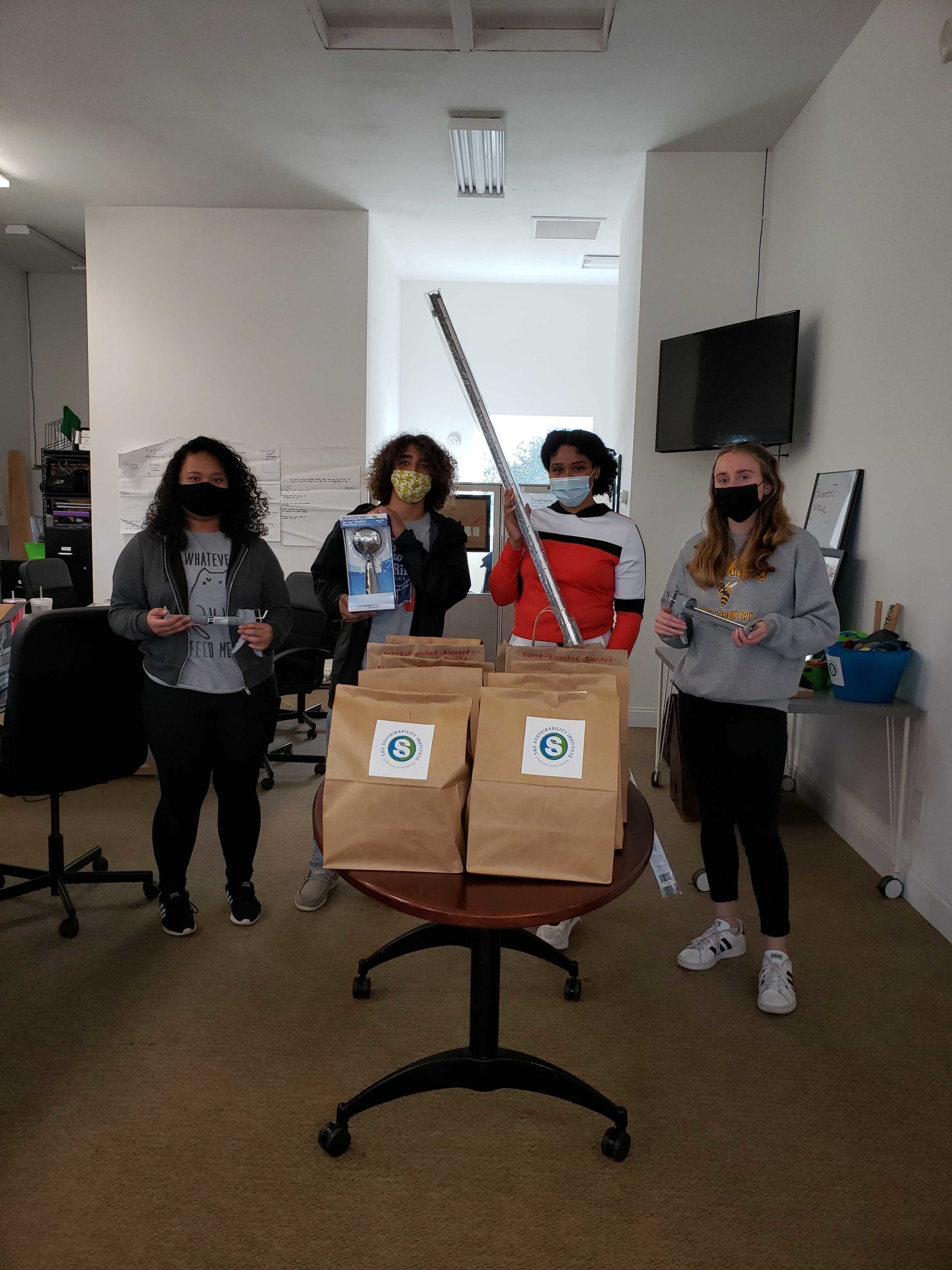
Corpsmember quotes:
“As low-income North Charleston residents face a disproportionally high energy burden compared to the state average, we aimed to find out how we could help residents lower their bills and learn what common issues were found in the homes during surveying. We got to know some of the residents, learning their stories and how they watched their neighborhood change over time. Many residents did not know that they could weatherize their homes and that there were organizations out there that could help them. Equity plays a big part in our service work. Union Heights Neighborhood is a predominately Black community. Many of the residents are retired and are on a fixed income. If we’re able to help them lower their energy bills, it would take one less burden off their plates.” ~Analyssa Keo (she/her), Crew Leader, Environmental Conservation Corps
“This project taught me the importance of committing to a community rather than a one-day limited service day to be truly sustainable and have a lasting impact, which is why I was so excited to learn that we were going to continue our multiphased project to ensure our resources were reaching people effectively. Participating in the survey also taught me how my interests in anthropology and public health could be actively applied to real-life scenarios in a way that provides a voice to an entire community. By assisting in workshop preparation, I have also learned how to reduce my own carbon footprint and the importance of energy equity.” ~Laura Joaqui-Alizander (she/her), Crew Member, Environmental Conservation Corps
Why was this project impactful?
- Provided an opportunity to directly engage and learn from local residents to better
- understand their needs
- Offered the Corps Members an opportunity to participate in multiple phases of the survey roll-out, including community leader engagement, survey organization and logistics, while learning about survey design and effective interview techniques
- Provides multiple pathways for mitigating anthropogenic climate change on a local level with measurable outcomes
What were the project goals?
- Distribute a minimum of 40 South Carolina Energy Justice Coalition Surveys through direct engagement.
- Gain a better understanding of current challenges and opportunities associated with residential energy to inform future service activities.
- Share tips and tricks to help low-income families save money on their utility bills and enhance the health of their homes.
- Teach the Corps Members best practices when interacting with the public, especially in an information-gathering capacity.
- Strengthen local partnerships across the pillars of sustainability.
- Disseminate information pertaining to the ECC’s weatherization services and history of community service.
- Introduce the newest members of the Crew.
- Honor Dr. King’s legacy
Challenges/Rewards of this project?
Rewards
- Opened the door to conversations about pressing needs from the community’s perspective (Some personal accounts were difficult to hear but necessary.)
- Opportunity to introduce new Corps Members to local residents after months of pausing
- energy-related activities during the COVID-19 surges and offering direct assistance during a period of peak energy use
- Partnering with multiple organizations, including the Lowcountry Alliance for Model Communities (LAMC), the Union Heights Neighborhood Association and the Charleston Climate Coalition, to paint a clearer, more holistic picture of the key challenges and opportunities associated with access to and use of household energy.
- Train Corps Members how to respectfully engage community members and share their energy efficiency knowledge
- Encourage confidence-building in Corps Members
- Corps Members were actively involved with each phase of this project, learning about the interconnected layers of community-focused service in the process.
Challenges:
- Such a collaborative project requires clear communication, careful coordination, contingency
- planning, patience, and ample time to prepare, execute, and assess. (~Good life lessons!)
- Presenting the survey in a clear manner to initiate the trust-building process
- Gathering this critical information about the residential energy burden of South Carolina residents involves trust-building and is essential to informing future community-focused activities.




